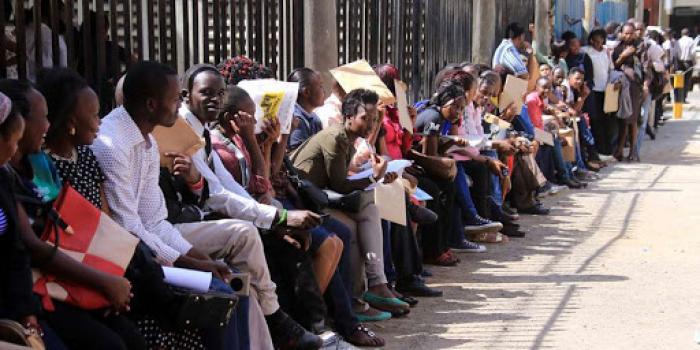Unemployment rates have risen in the past few years, with 2021 recording an unemployment rate of 5.7%, up from 4.3% recorded in 2018. This has been attributed to high population growth and large numbers of the labour force who don’t have the skills employers are looking for (skill mismatch), coupled with troubled economic times. However, statistics show a decline in the unemployment rate in Q4 2022, recording a 4.9% unemployment rate, down from 5.3%, which was recorded in Q3 2022.
With the government more focused on increasing the tax base on the back of increased pressure to deliver its promises to the citizens, the tax burden in the country is bound to increase if the bill becomes law. During the public participation stage before the national assembly, the private sector, the Kenya Private Sector Alliance (KEPSA), said that Kenya is risking the loss of 100,000 jobs if the bill becomes law due to business closures. The union of manufacturers argued that Kenya was risking losing 150 bn if the bill became law. The Kenya Association of Manufacturers (KAM) describes the additional taxes as double taxation that would repel investors from Kenya as it would be an uncertain hub for business.
Read more: Impact of Finance Bill 2023 On Taxpayers
To lower the unemployment rates in the country, the government should empower the informal sector, which employs over 80% of the working population. The proposed increase in taxation for micro businesses from 1% to 3% turnover tax will be a burden, especially for those microbusinesses with gross year sales below Kshs 1,000,000, considering a decrease in the minimum group cap from the existing Kshs 1,000,000 to Kshs 500,000KES gross year sales.
Additionally, reducing the maximum cap for income tax of 30% from 50,000,000KES to 15,000,000KES for business people should be reviewed, as it would be unfavourable in the current economic situation. The government should also provide a favourable business environment for foreign investors, just as it wants to support local manufacturers.


















